- Dominik Škoda
- 22204 views
- 0 comments

How does it benefit or not benefit your health to have coffee on an empty stomach?
There are usually two basic issues when it comes to the timing of coffee consumption, whether to indulge in your favourite drink in the evening and risk possible insomnia, or whether it is healthy to drink coffee - perhaps first thing in the morning - on an empty stomach.
While in the first case, an evening cup of coffee often serves the purpose of keeping its consumer awake and his brain "operational", regarding coffee drunk on an empty stomach, opinions come to the fore that it may not be entirely healthy.
How does coffee behave when it first arrives in the stomach?
You will usually see warnings that coffee drunk fasting irritates the stomach lining, causing nausea, indigestion, etc. This may be true, of course, because everyone has a differently sensitive stomach and fasting coffee is definitely not recommended for people with certain digestive tract diseases. This is particularly true of irritable bowel syndrome, but equally people suffering from reflux, stomach ulcers or frequent heartburn will fall into this group.
As for healthy individuals, experts say there is nothing to worry about and if you have no problems with fasting coffee, feel free to drink it this way. On the contrary, some people may find this timing convenient, as research has shown that coffee stimulates the production of stomach acid. And I'm sure there are those among you who benefit from a cup before a meal.
The cortisol myth
You may also come across the notion, in relation to drinking coffee on an empty stomach, that in such cases, coffee causes an increase in the stress hormone cortisol. Chronically elevated levels of this substance are associated with a range of health problems, from high blood pressure to heart disease and diabetes.
Because cortisol naturally works in our bodies in such a way that its levels are highest in the morning upon waking and decline throughout the day, the idea that drinking coffee on an empty stomach can be quite dangerous when already high levels are increased.
According to experts, however, it is important to note that for people who drink coffee regularly, the effect on cortisol levels is very small. A number of studies have even concluded that in such a case the level of the stress hormone does not increase at all. Plus, there is no evidence that the possible effect of coffee on cortisol is resolved by having coffee after a meal.
So the whole cortisol thing can be concluded, after studying the relevant material, with the conclusion that if coffee already caused an increase in levels, it would only be a temporary issue, so the risk of health problems is minimal. Moreover, in all likelihood, any effect of coffee on cortisol is not affected by fasting consumption.
It cannot be claimed, therefore, that coffee consumption is completely risk-free. More sensitive individuals may have a range of unpleasant experiences with excessive restlessness, nervousness, nausea, headaches or sleep disturbances. Quite definitely, pregnant and breastfeeding women should limit their coffee consumption. But if you're not in a high-risk group and have no problem drinking a cup of fragrant coffee on an empty stomach in the morning, there's no reason why you should give it up.
Sources:
https://pubmed.ncbi.nlm.nih.gov/20070100/
https://pubmed.ncbi.nlm.nih.gov/28675917/





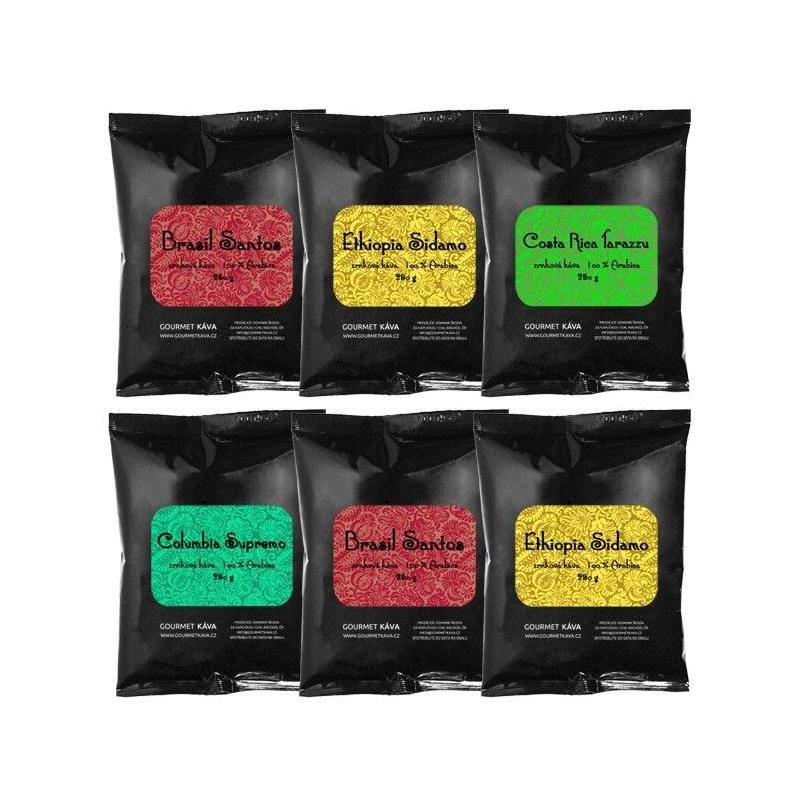

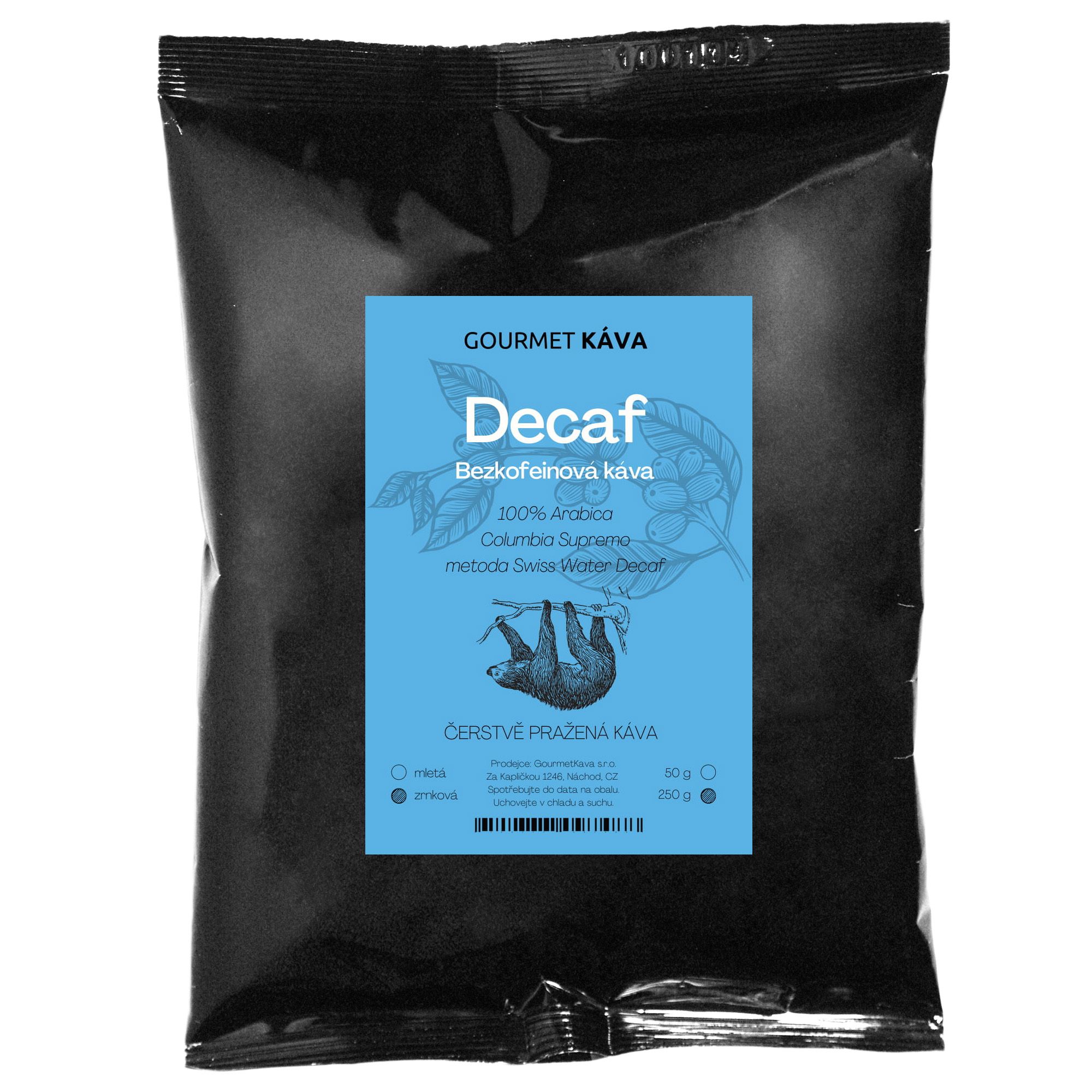




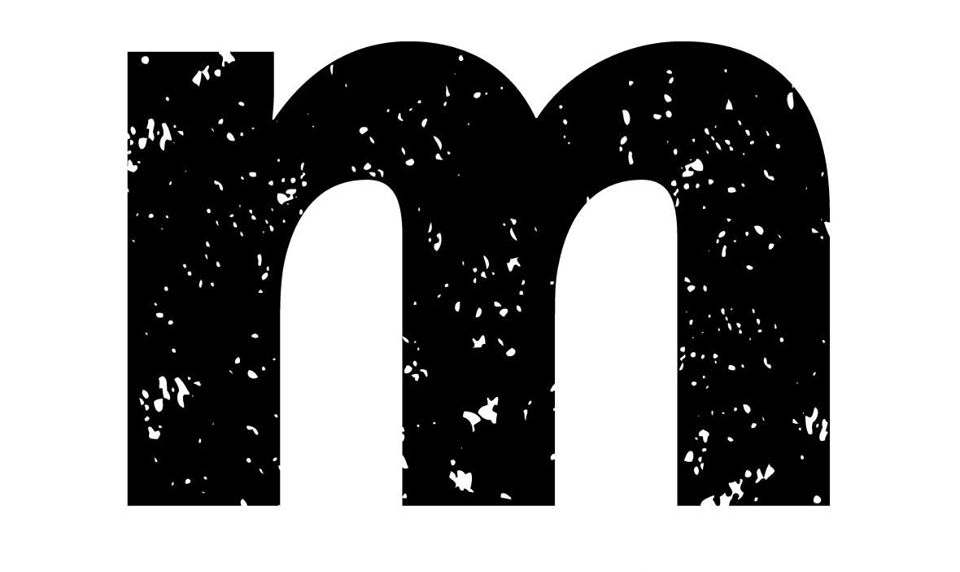



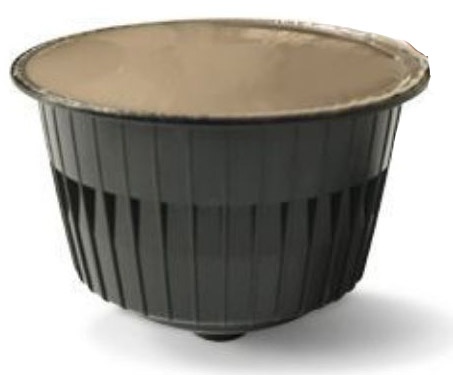

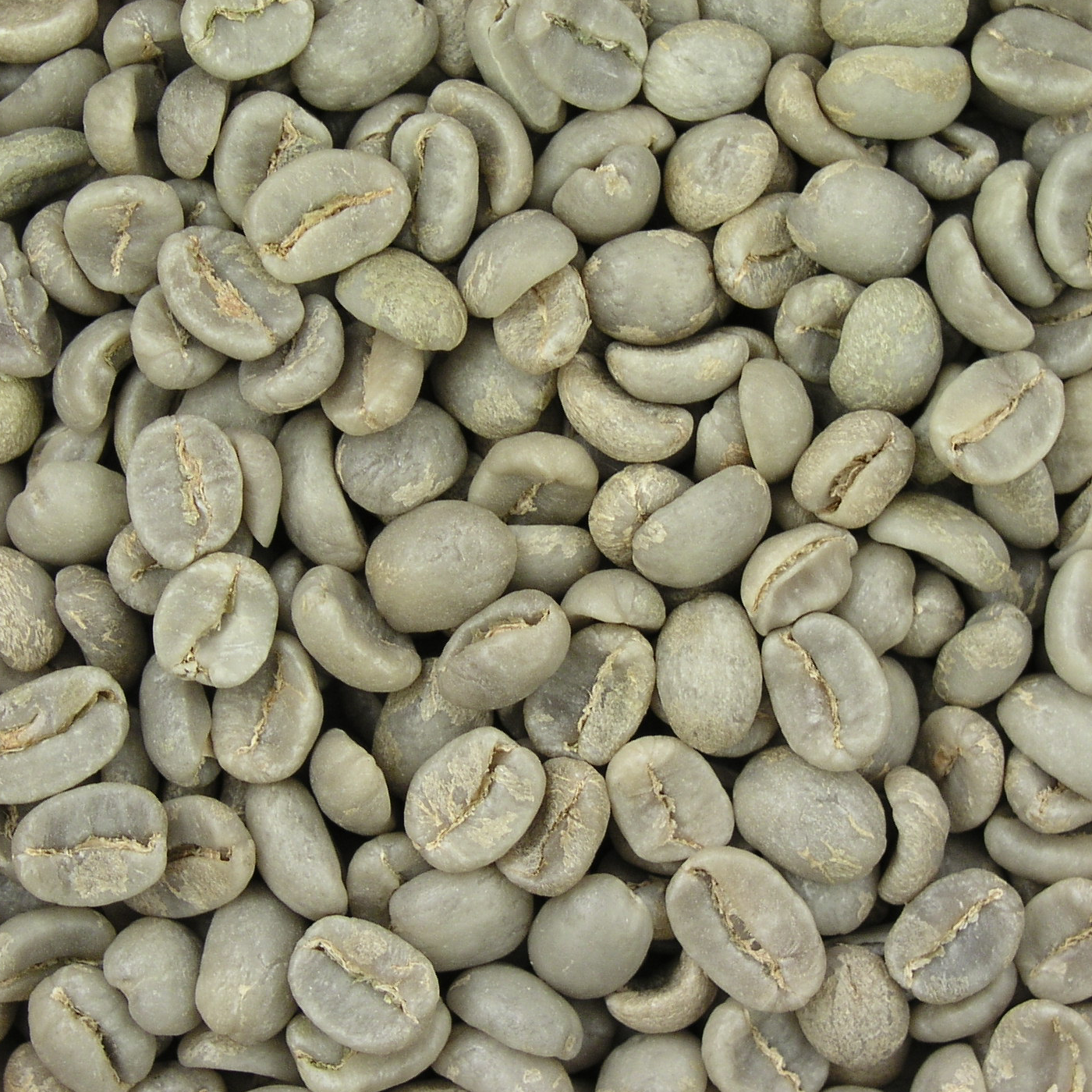

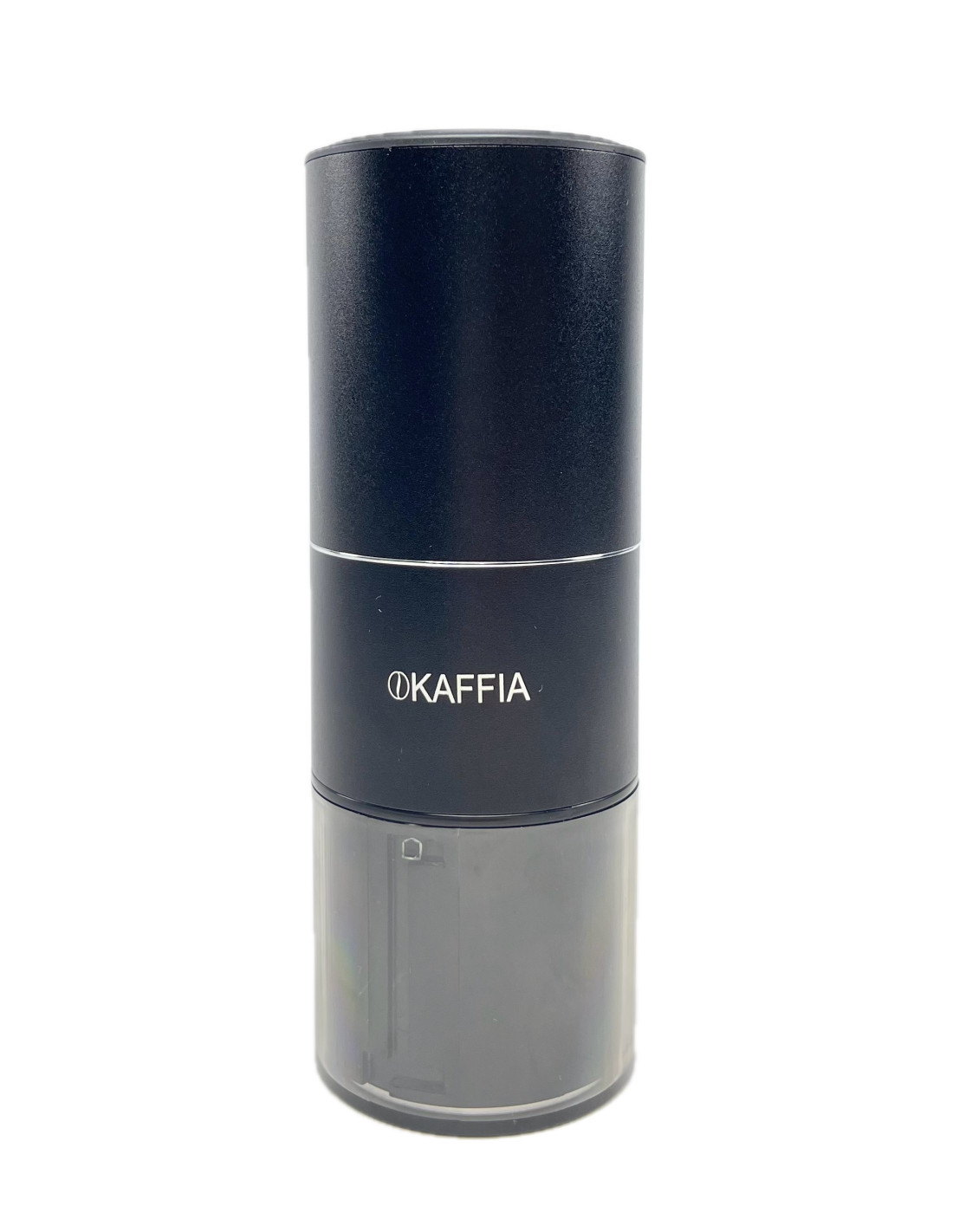


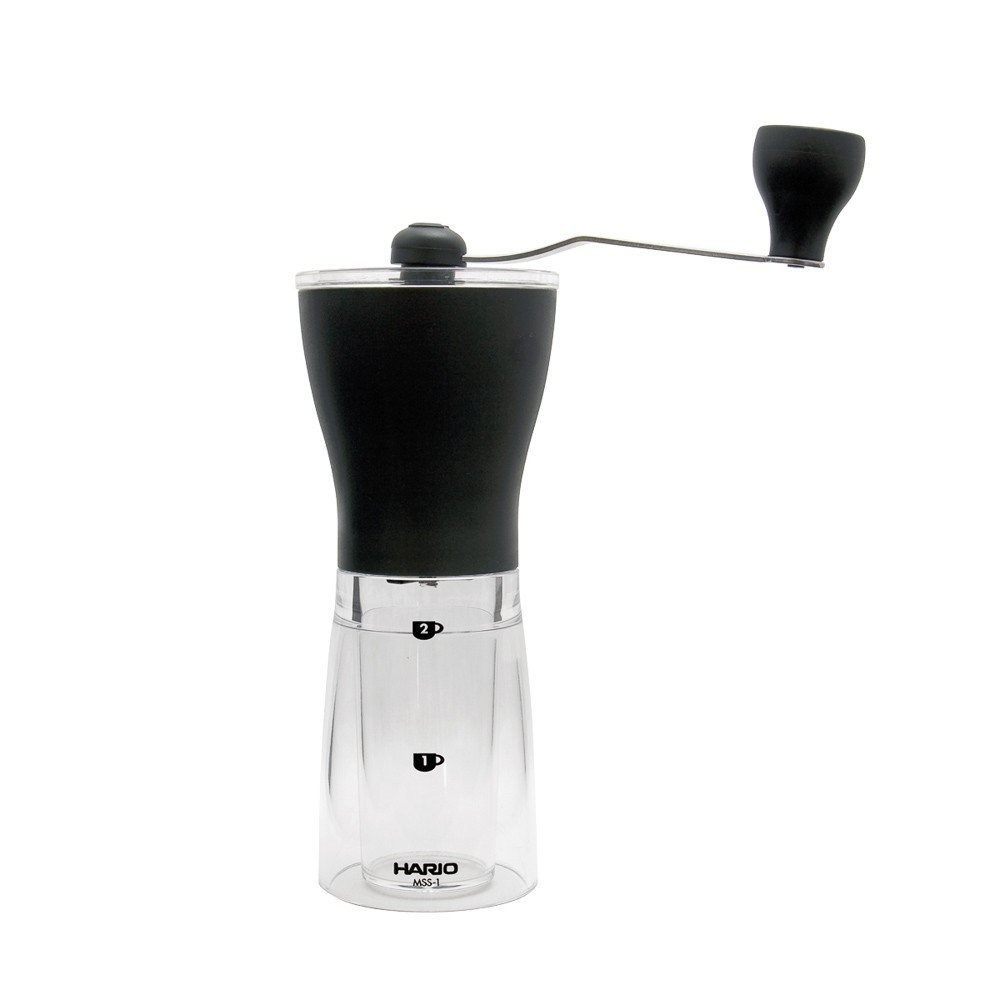
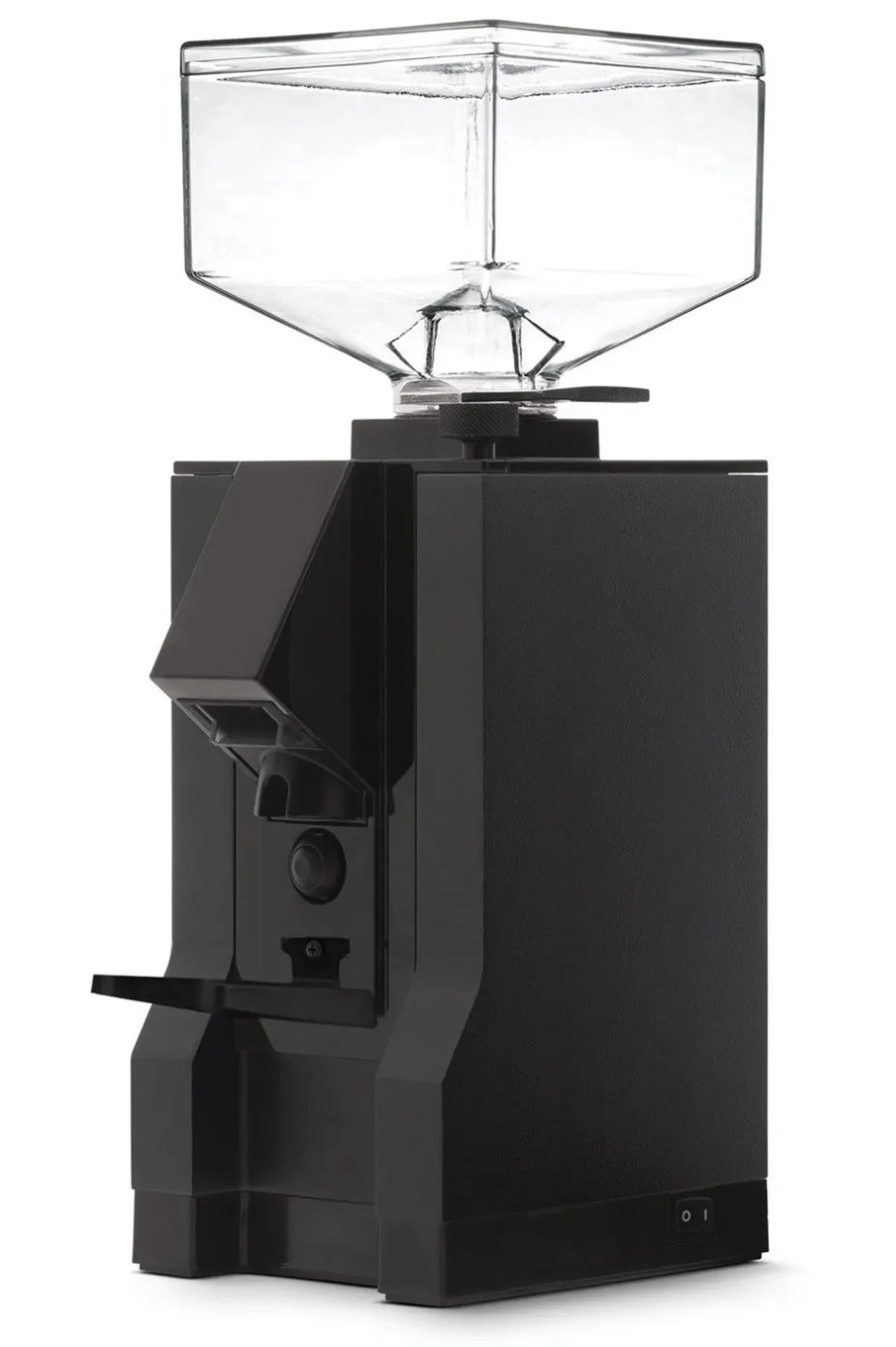
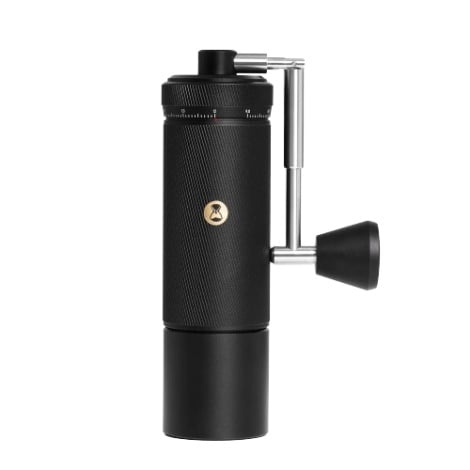
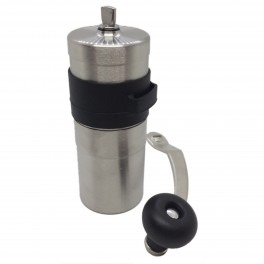

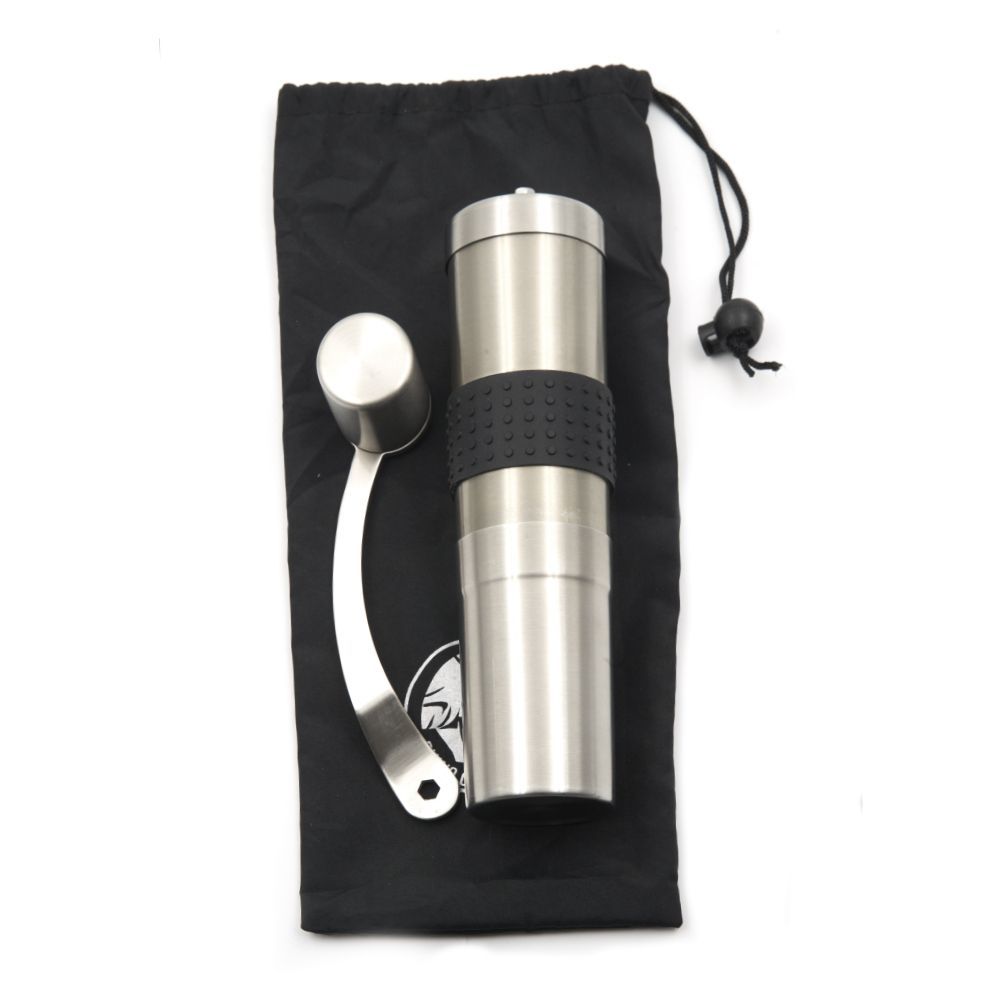







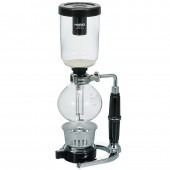

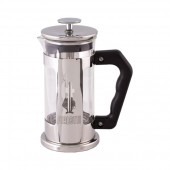

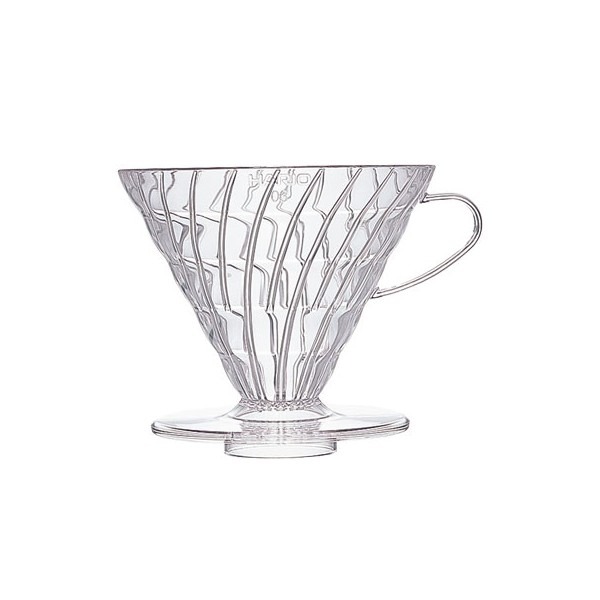



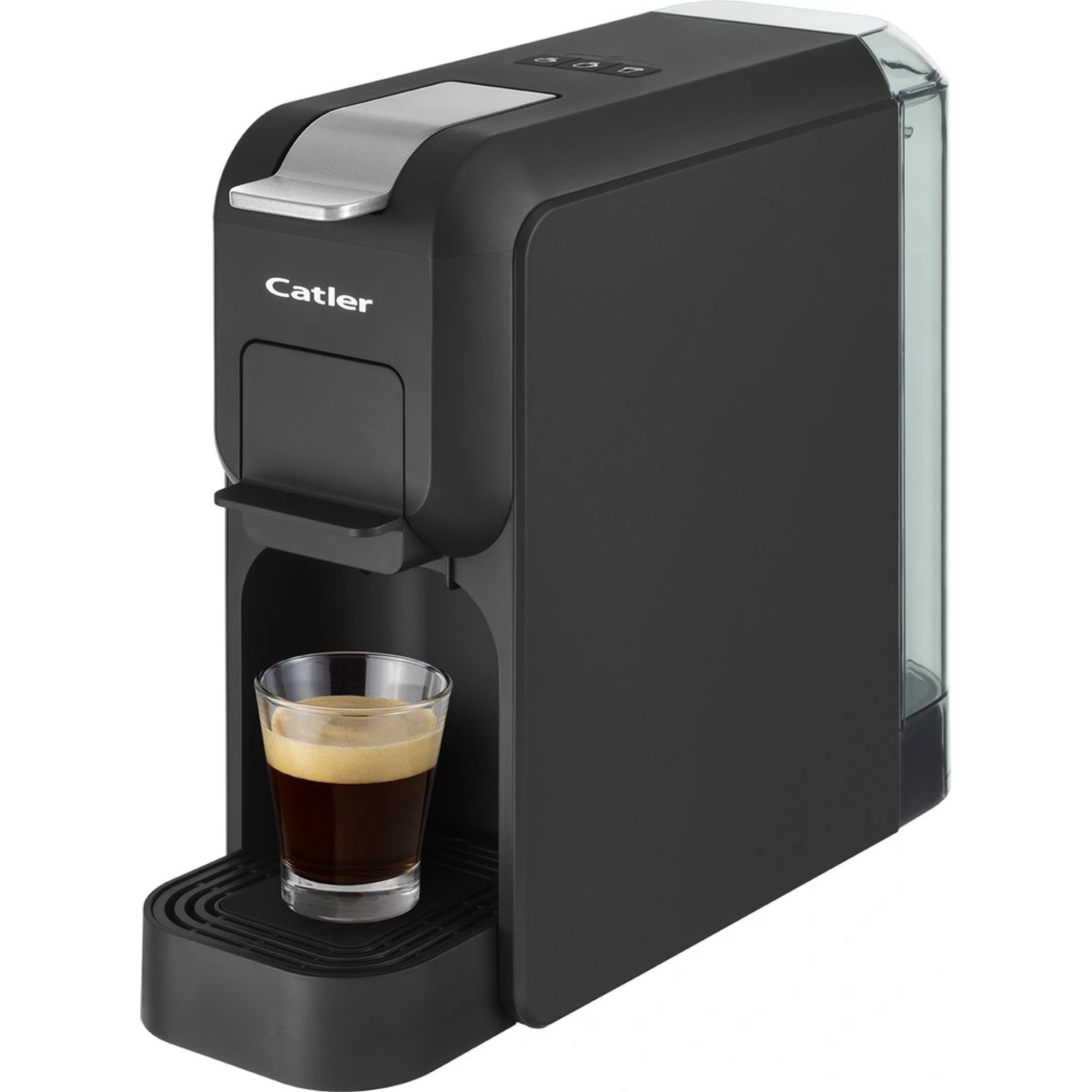
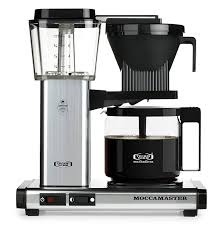

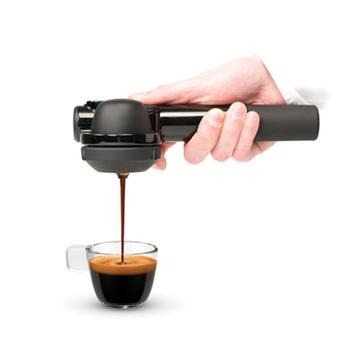




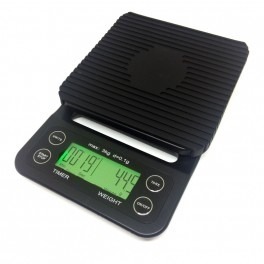
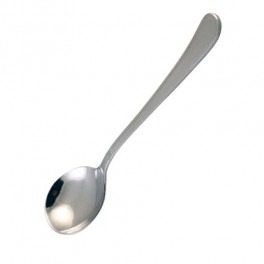
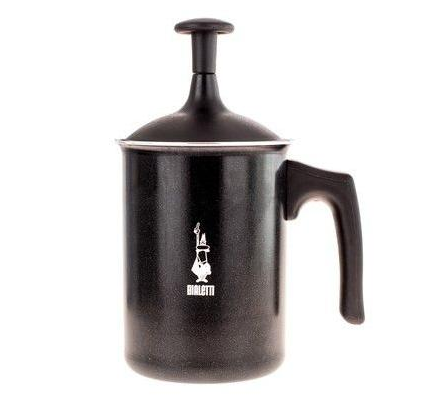

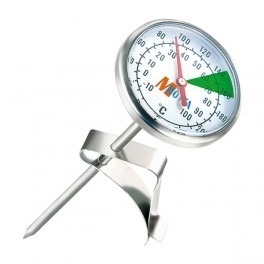
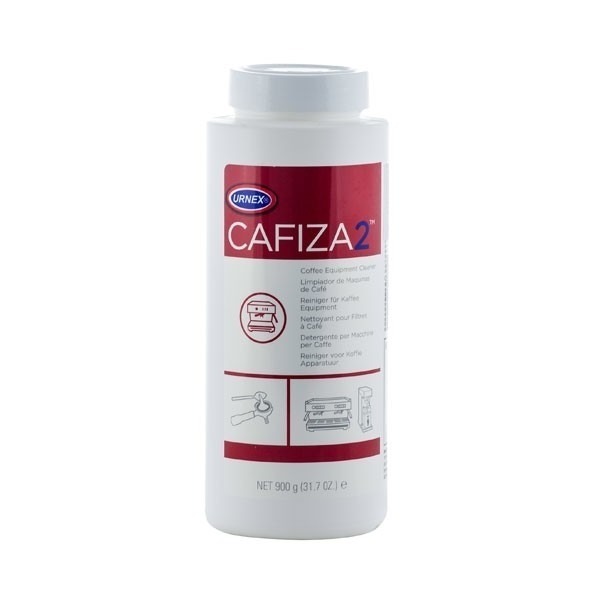
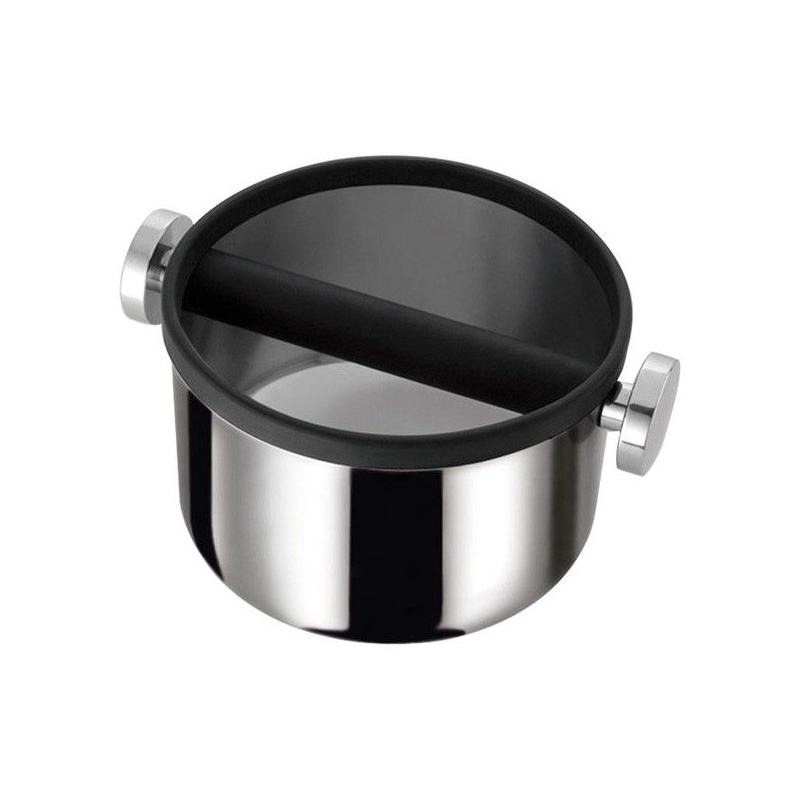


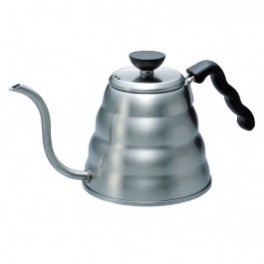
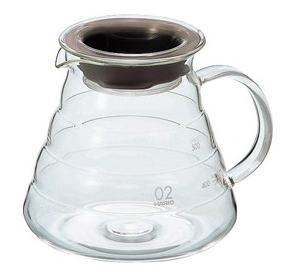
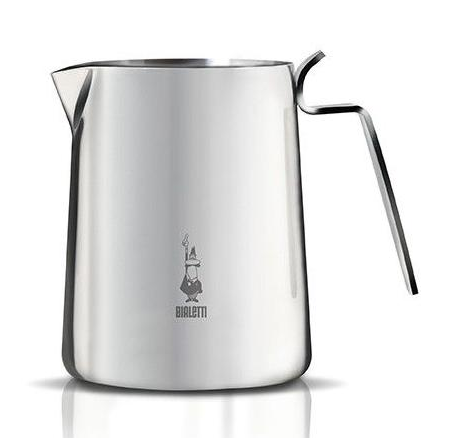












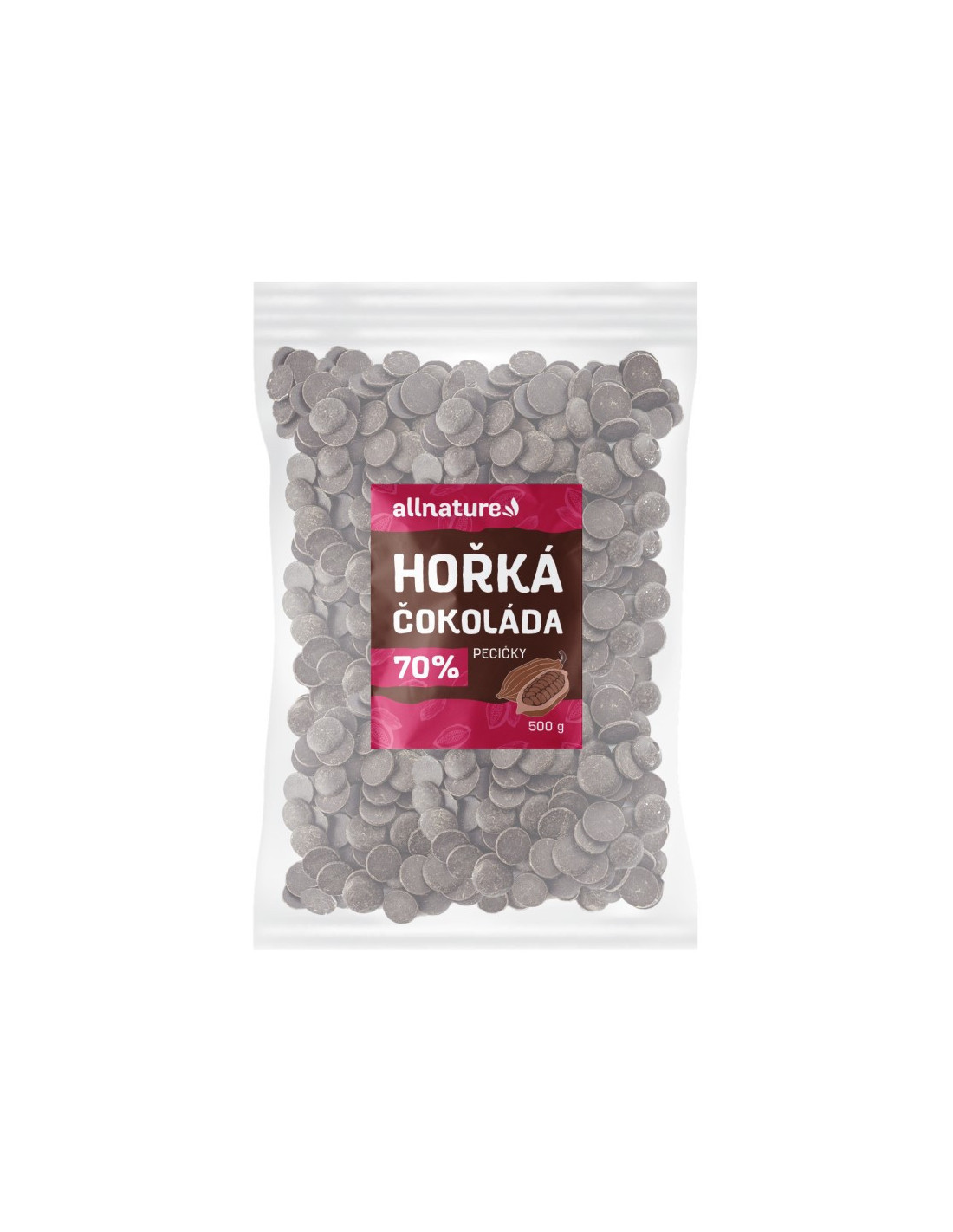

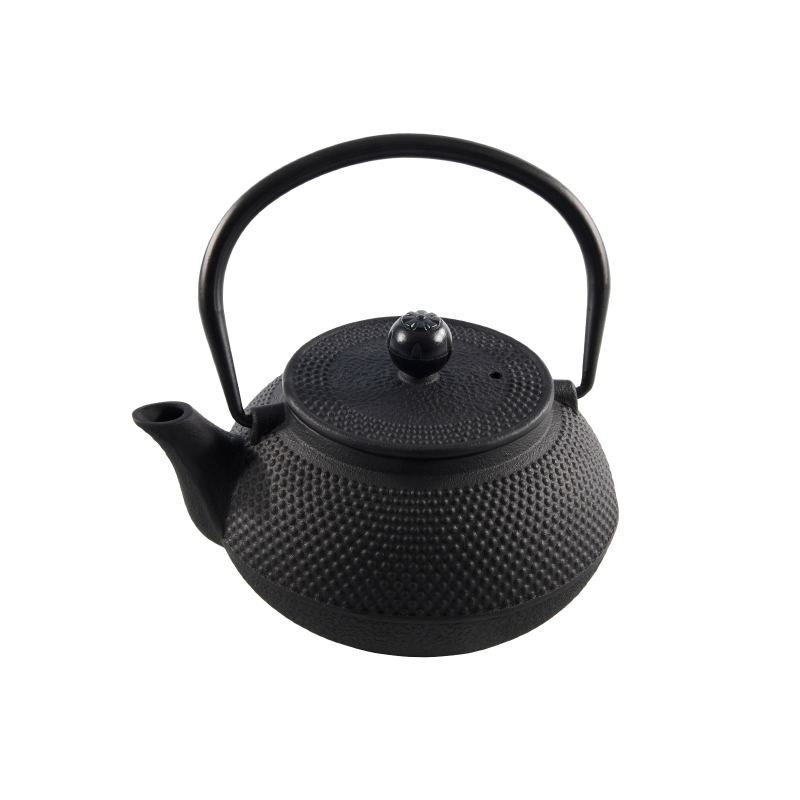

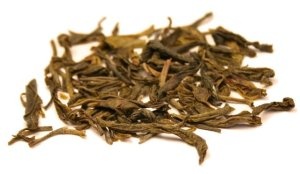


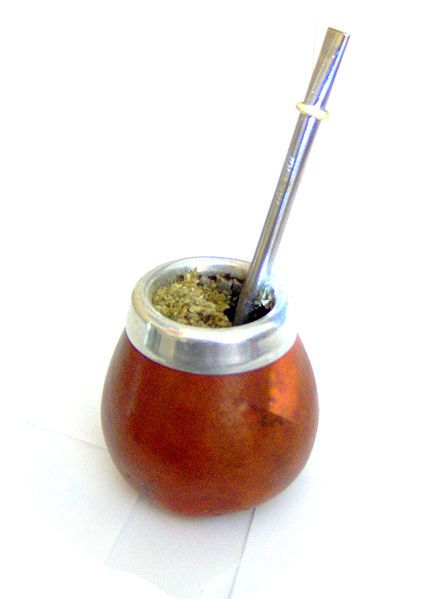
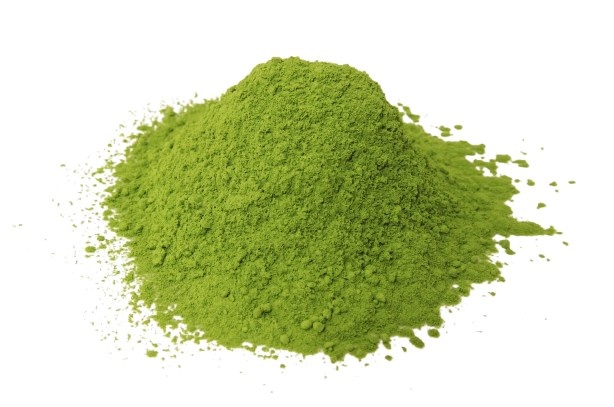

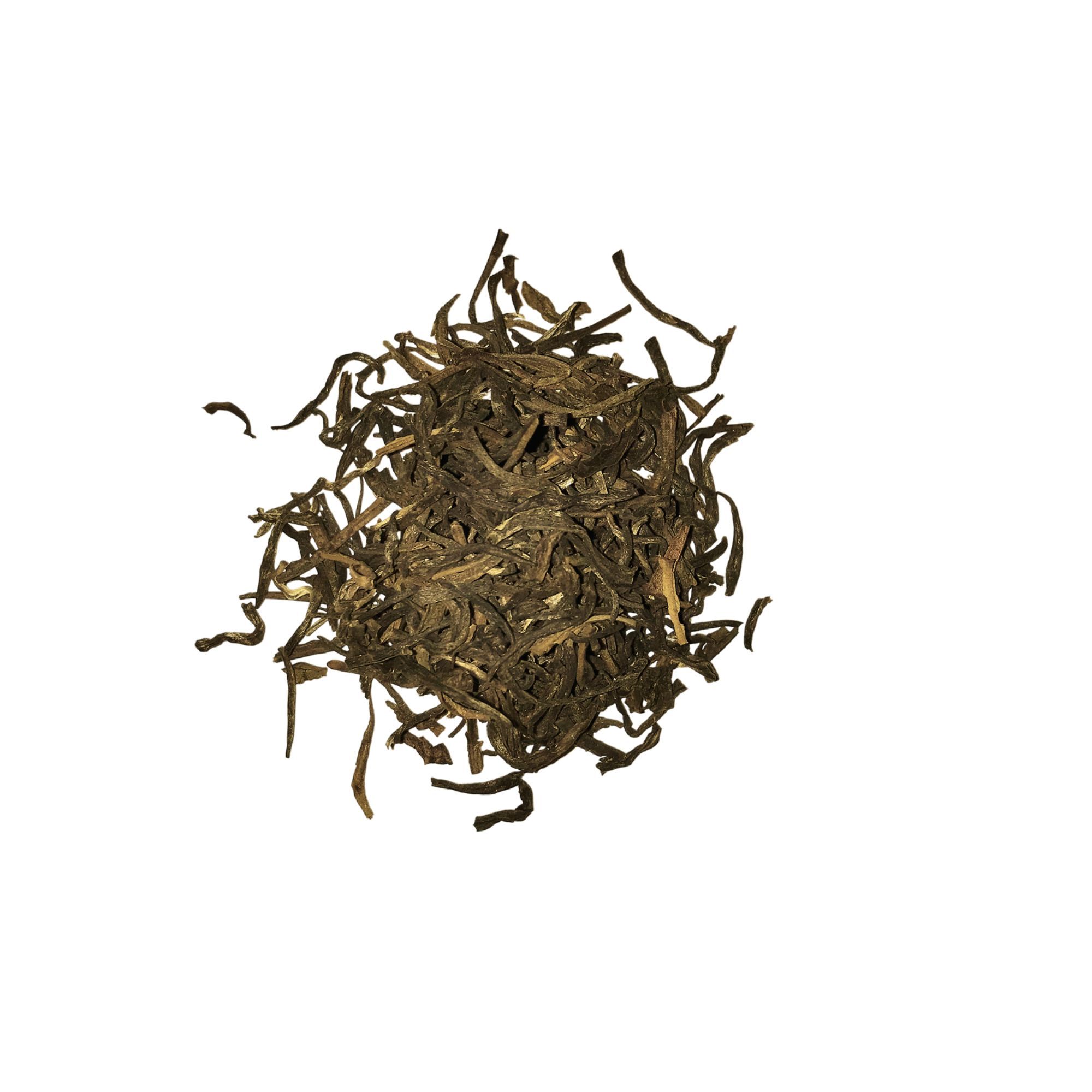
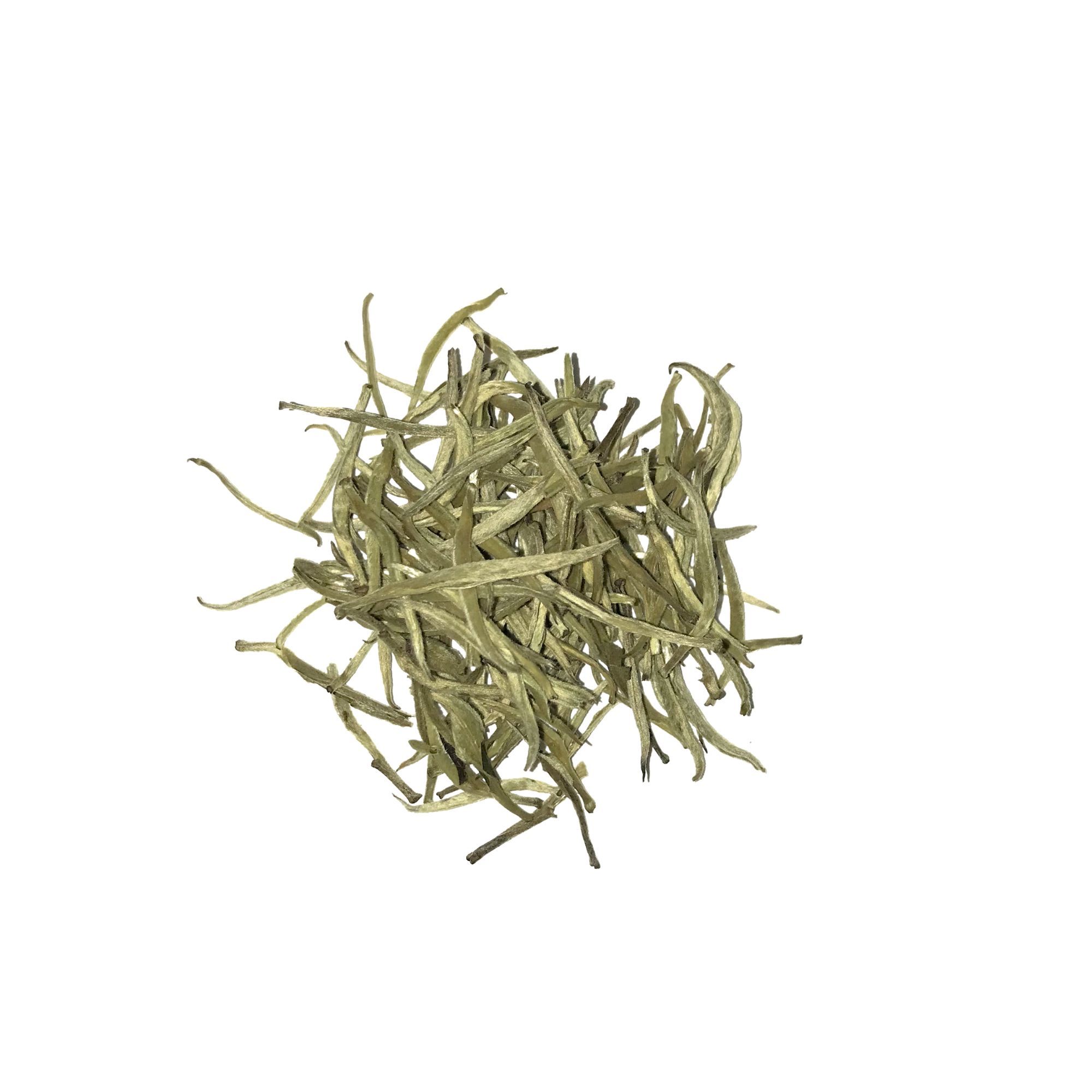













Comments (0)